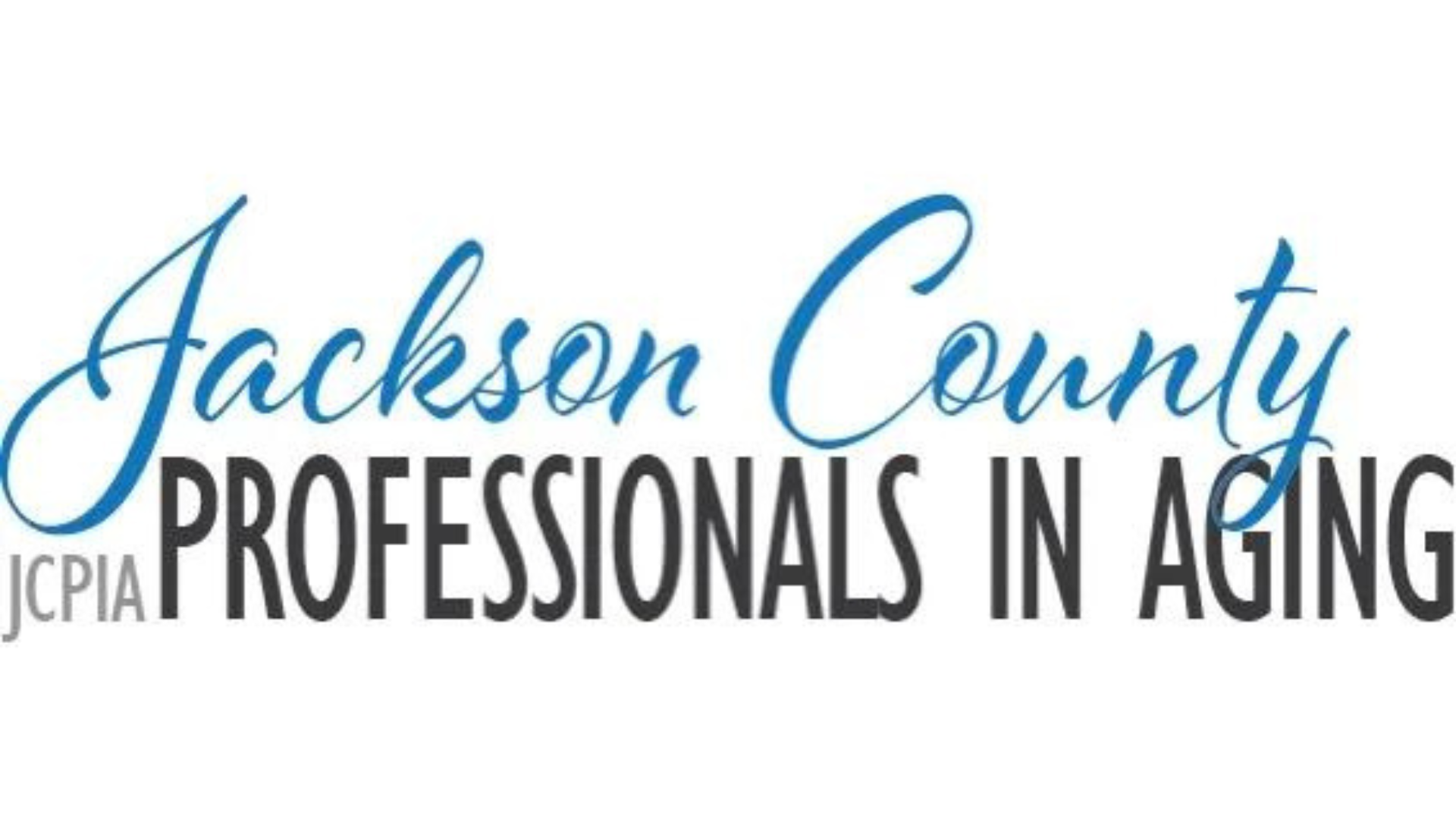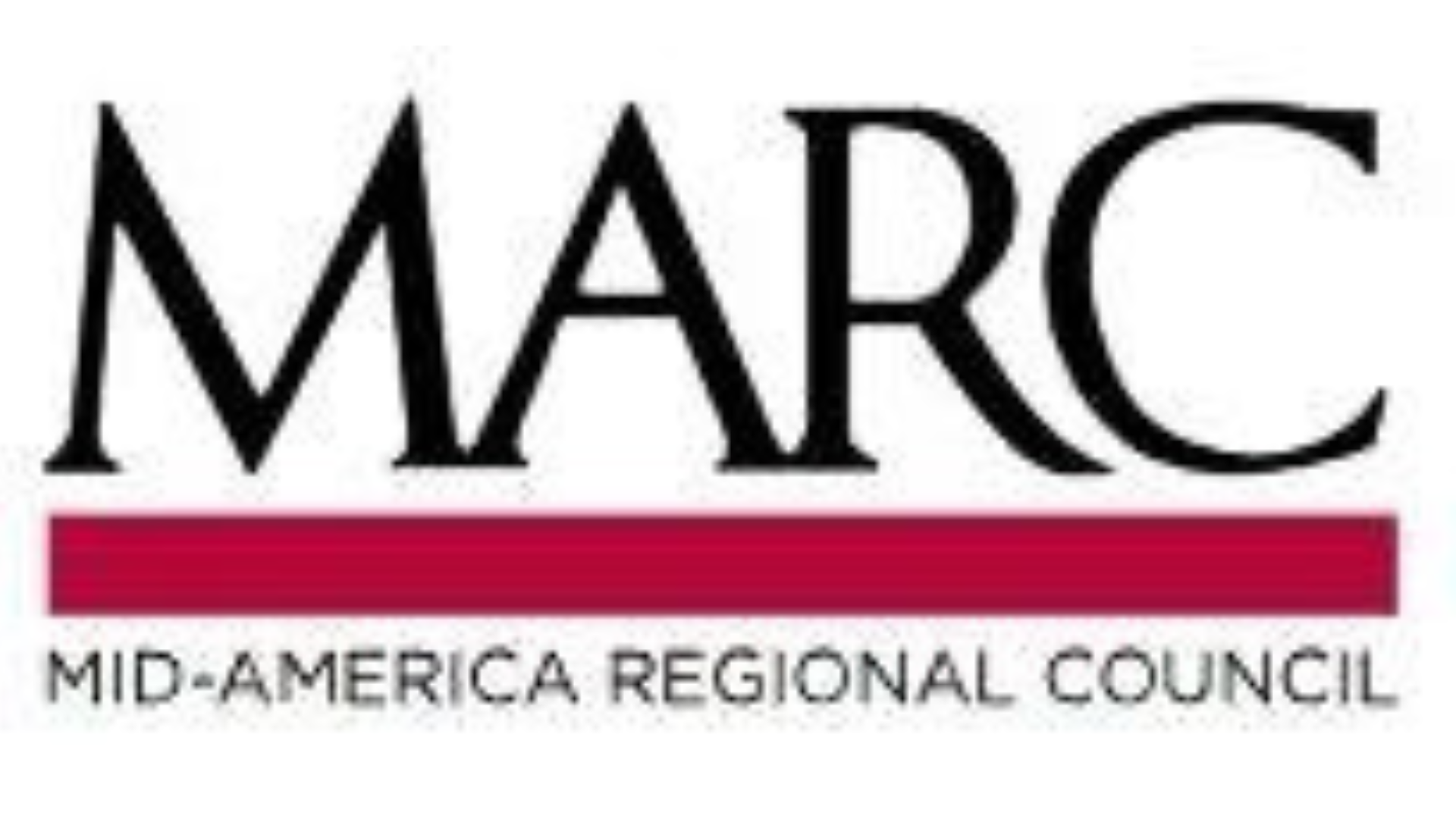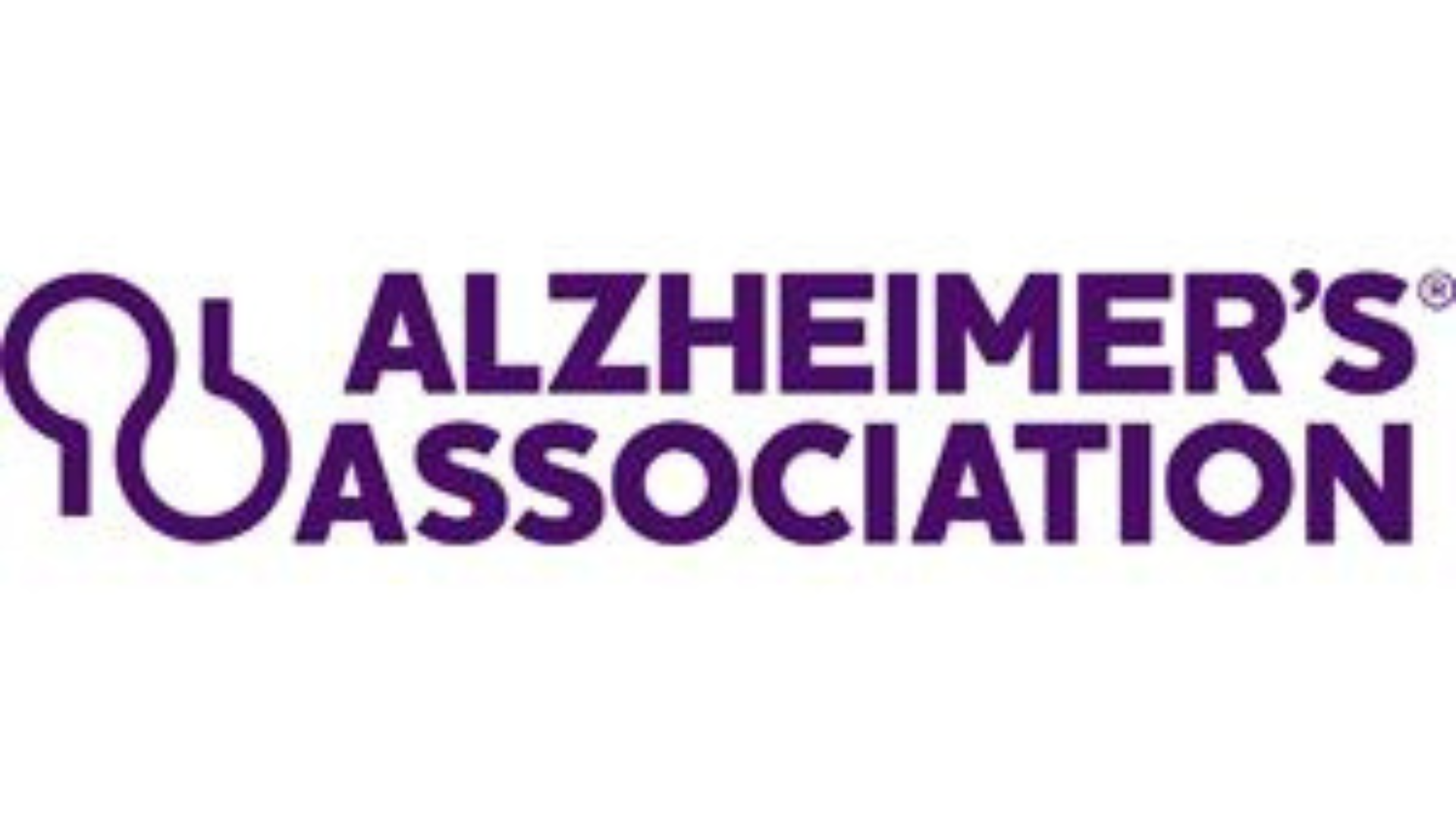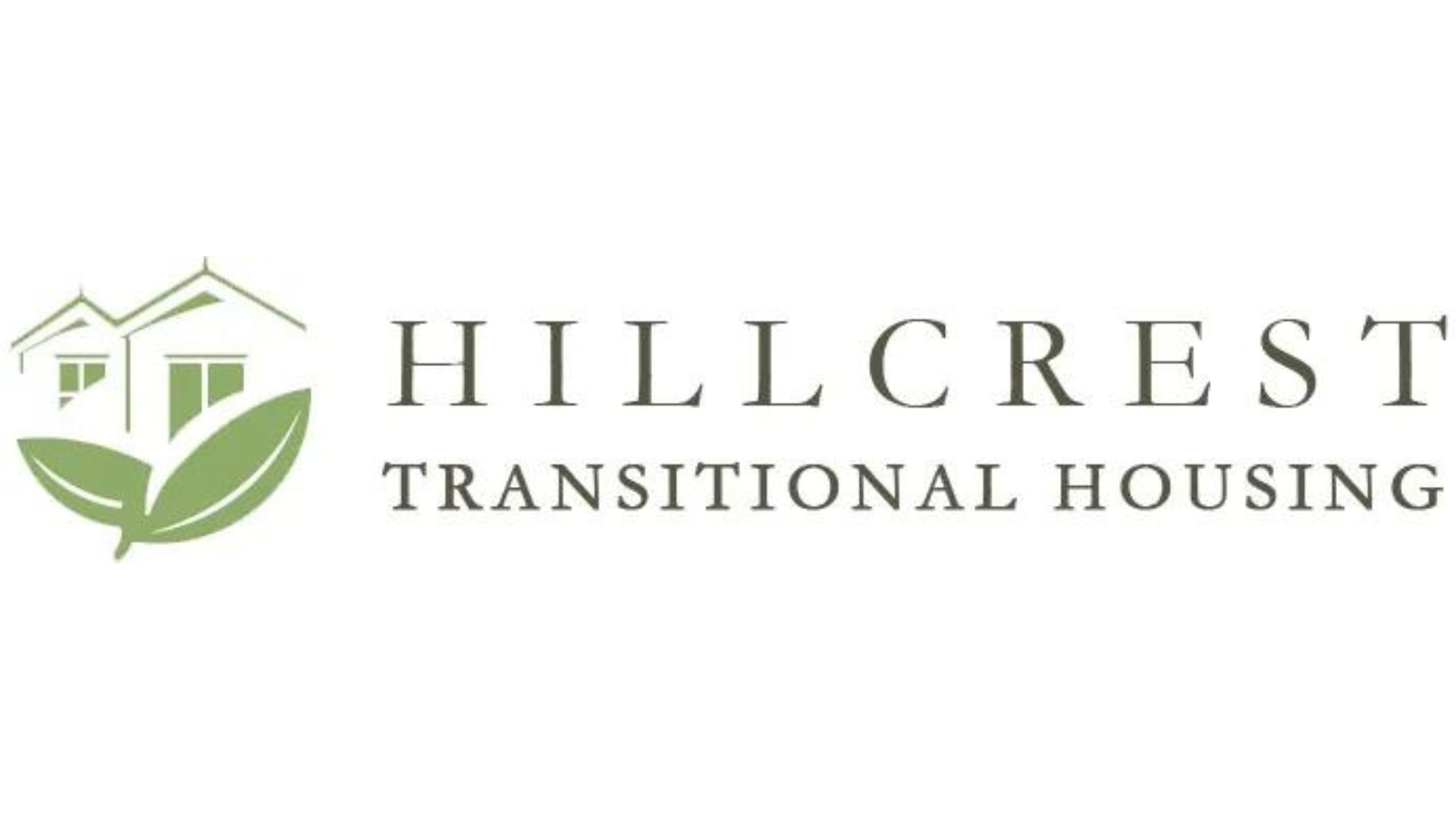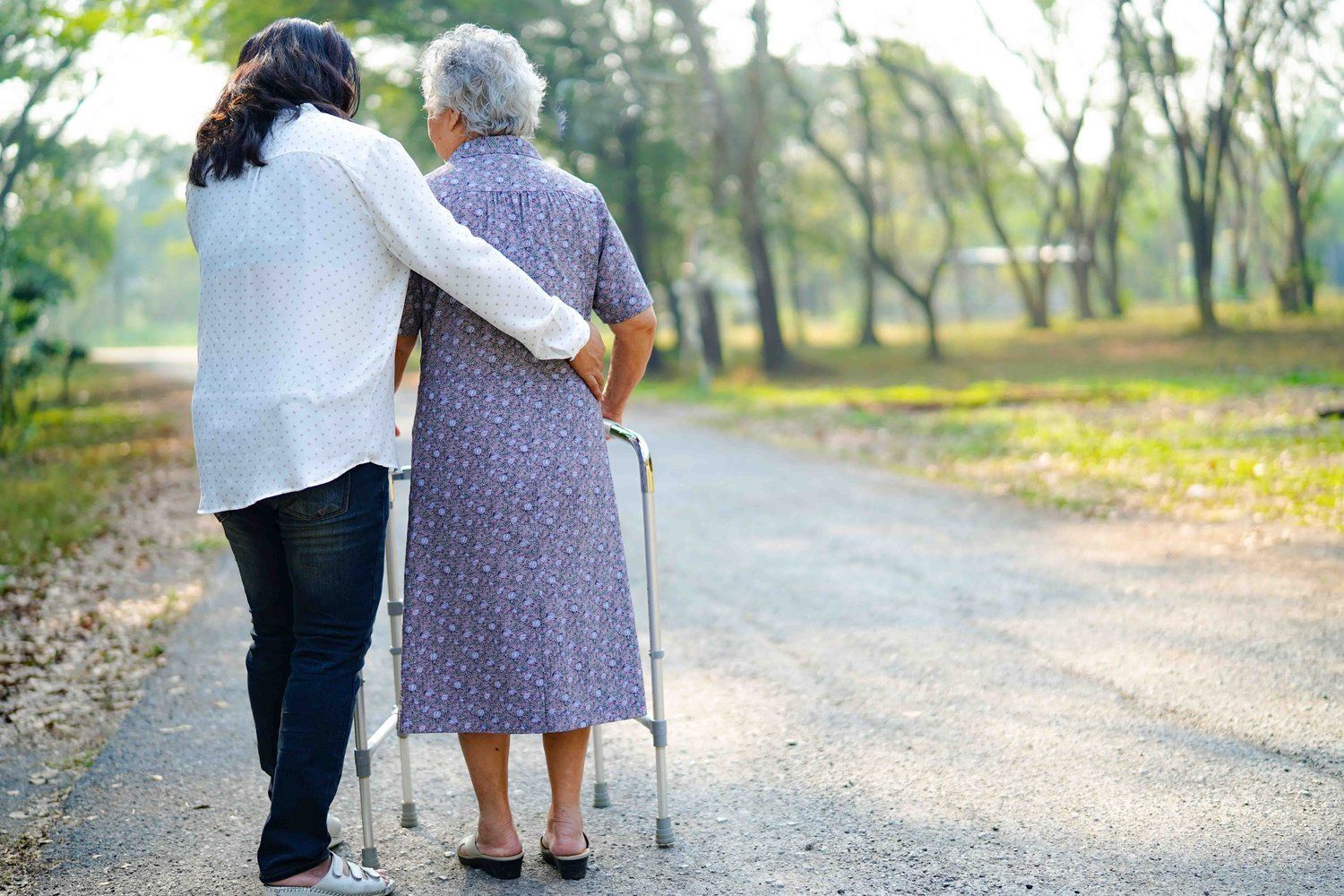Is Your Parent’s Health Declining? Signs to Watch During This Holiday Season
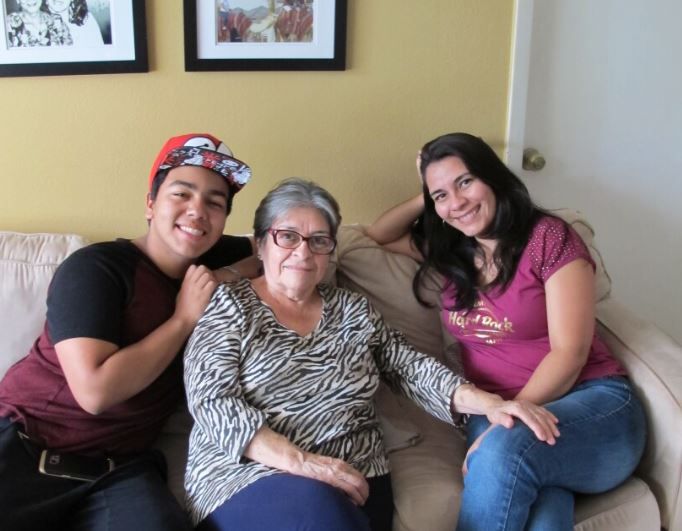
The holiday season is a time for family, laughter, and connection, but it can also be a critical moment to assess the health and well-being of your aging parents. For many middle-aged adults, holidays like Thanksgiving and Christmas are the only times they see their parents face-to-face, providing an opportunity to notice changes that may indicate a decline in physical or mental health.
Here’s a guide to help you identify potential warning signs during your visits and steps to take if you observe concerning changes.
Checklist: Signs to Watch for in Your Aging Parents
Physical Health
- Weight Loss or Gain: Noticeable changes in weight can signal underlying health issues like malnutrition, illness, or medication side effects.
- Mobility Challenges: Difficulty walking, getting up from a chair, or navigating stairs may indicate joint pain, muscle weakness, or balance problems.
- Hygiene: Neglected grooming, such as unkempt hair or wearing soiled clothes, could suggest physical limitations or depression.
- Bruises or Injuries: Look for signs of falls or accidents, which may mean they’re struggling with balance or coordination.
- Medications: Check for expired or unused medications, or whether they’re taking pills as prescribed.
Mental and Emotional Health
- Memory Lapses: Forgetting names, dates, or appointments may indicate the early stages of dementia or Alzheimer's.
- Confusion: Difficulty following conversations or completing familiar tasks could point to cognitive decline.
- Mood Changes: Increased irritability, withdrawal, or sadness may signal depression, anxiety, or other mental health challenges.
- Safety Concerns: Forgetting to turn off the stove, leaving doors unlocked, or misplacing important items are red flags for memory and safety concerns.
Living Environment
- Household Cleanliness: An unusually messy or cluttered home might reflect difficulty maintaining their space.
- Unpaid Bills or Mail Piles: These could suggest cognitive challenges or financial struggles.
- Spoiled Food: Check the refrigerator for expired or spoiled food, which may indicate they’re not eating properly or struggling to shop and cook.
Social Engagement
- Isolation: A lack of social interaction or decreased participation in hobbies they once enjoyed might point to loneliness or depression.
- Unreliable Transportation: Problems driving or reluctance to leave the house could isolate them further.
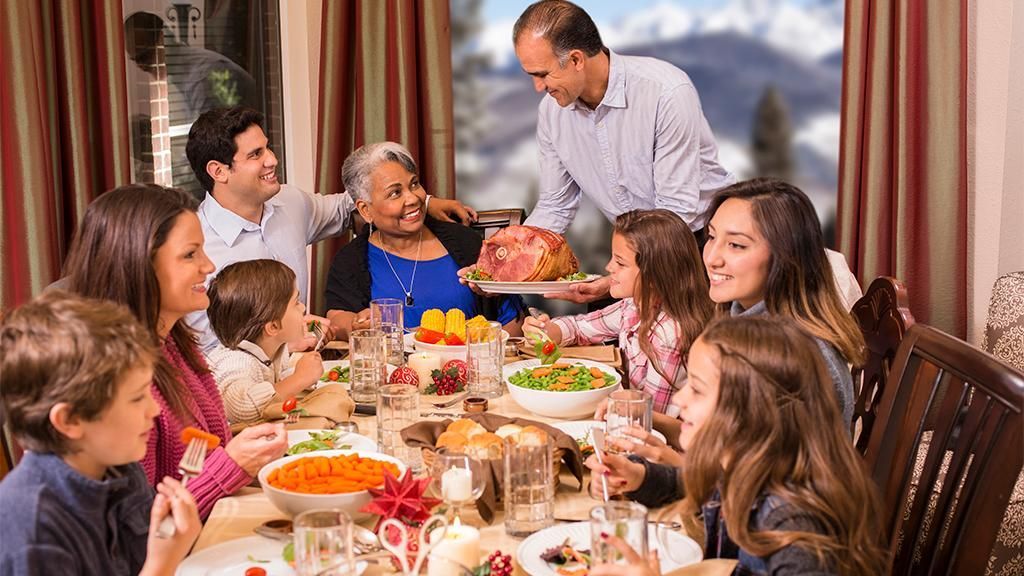
Why the Holidays are a great time to evaluate your parents health changes
It’s often during holiday visits that family members notice significant changes in their parents' health and well-being. Comparing how they were during Thanksgiving to Christmas, for example, can provide insight into whether the changes are worsening or one-time occurrences.
What to Do If You See Signs of Decline
If you notice concerning changes in your parents’ health, it’s essential to act compassionately and proactively. Here are some steps to consider:
- Start a Conversation: Express your concerns gently and ask how they’re feeling or if they’ve been struggling with anything.
- Document Changes: Keep a written record of what you observe, which can be helpful if you need to consult healthcare providers.
- Schedule Checkups: Encourage your parent to see their doctor for a thorough evaluation.
- Consider Additional Support: Explore in-home care options, meal delivery services, or senior transportation services.
- Research Living Arrangements: If staying at home is no longer safe, look into assisted living or memory care facilities. But don't just jump into this, and start filling out forms on random websites. This will have your phone ringing before you know it and your information many times being cheered between multiple companies.
Family Shepherd is Here to Help your Family with Resources and Guidance at no charge to you.
If this holiday season reveals that your parent’s health is declining, Family Shepherd is here to support you. We can connect you with resources such as in-home care providers, financial planning assistance, or senior living options. Helping your parent transition into the next stage of life doesn’t have to be overwhelming—we’re here to guide you every step of the way.
The holidays are a time to cherish your loved ones. By keeping a watchful eye on their health and safety, you can ensure they receive the care and support they need for years to come. Reach out to
Family Shepherd
here to learn more about the resources available to help your family navigate these changes



